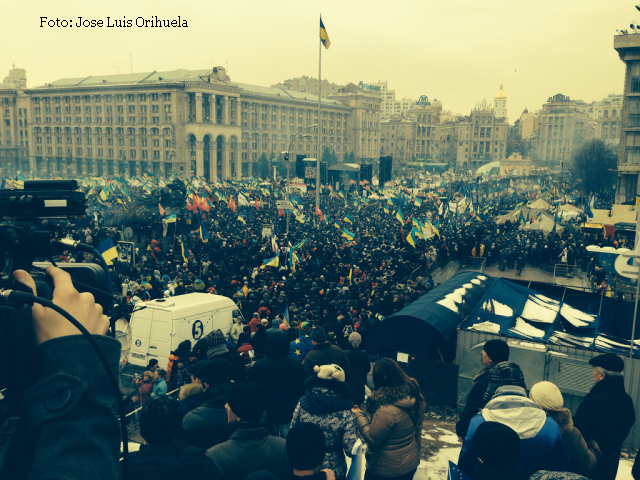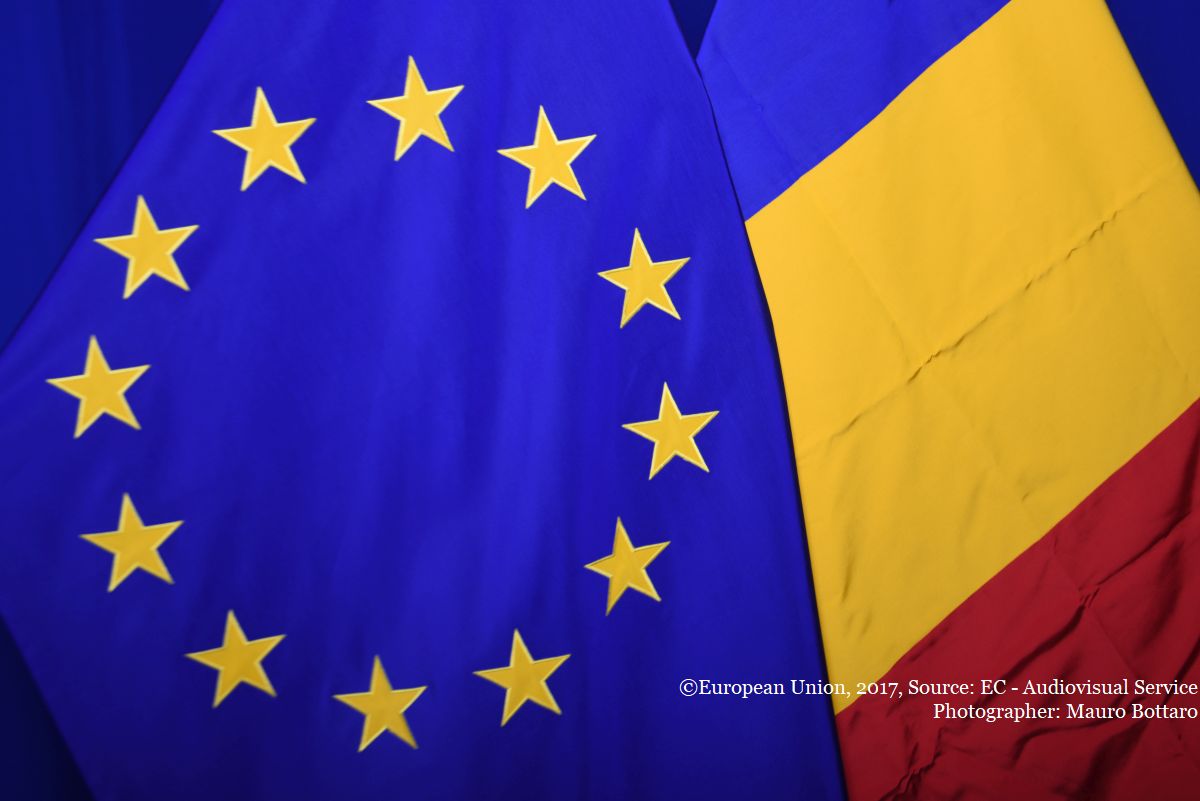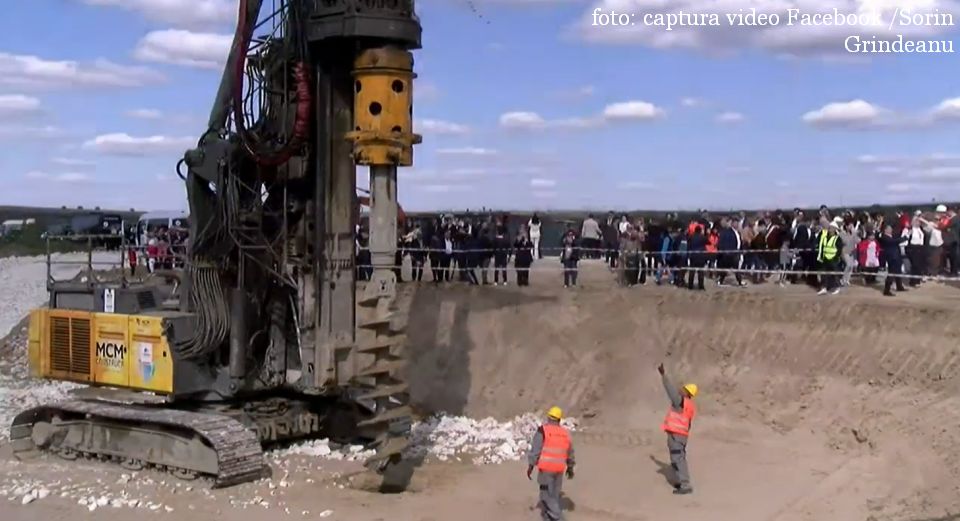Ukraine and the Avatars of Democracy
As we all know, the major political crisis in Ukraine was triggered by the refusal of president Viktor Yanukovici’s regime to sign the association and free trade agreements with the European Union. The announcement was made in November, during an Eastern Partnership summit where Ukraine was expected to be the prom queen. Apparently trying to get closer to Europe, the power in Kiev unexpectedly changed direction towards Russia. Ukraine’s sudden move shocked the European Union and generated outrage among the pro-European Ukrainians.

Ştefan Stoica, 30.01.2014, 13:45
As we all know, the major political crisis in Ukraine was triggered by the refusal of president Viktor Yanukovici’s regime to sign the association and free trade agreements with the European Union. The announcement was made in November, during an Eastern Partnership summit where Ukraine was expected to be the prom queen. Apparently trying to get closer to Europe, the power in Kiev unexpectedly changed direction towards Russia. Ukraine’s sudden move shocked the European Union and generated outrage among the pro-European Ukrainians.
As the crisis got deeper, the stake of the open conflict between the leftist government and the pro-western opposition went beyond the limits of a strategic foreign policy choice and identified itself with democracy. That is because the Yanukovici regime chose to retort by tough anti-protest legislation to generally non-violent street demonstrations.
The endorsement of these laws radicalized the protesters and led to an expansion of the protest movement to other cities and even to violent clashes between protesters and the riot police in Kiev. Under the pressure of protesters and the Western countries, the Ukrainian parliament repealed the laws that restricted basic freedoms of speech, movement and assembly and stipulated jail sentences for those who blocked public institutions.
The Unites States, concerned about the evolutions in Ukraine, hailed the step back taken by the Ukrainian parliament and the prime minister’s resignation, a move aimed at easing the path towards a political resolution of the crisis. Mentioning the issue during his State of Union Address, US President Barack Obama reconfirmed that Washington supported the principle according to which the people has the right to express itself in a free and peaceful manner.
To Canada however, the country that first recognized Ukraine’s independence in 1991, the actions of the power in Kiev are insufficient. For this reason, Ottawa has decided to deny access to the Canadian territory of all Ukrainian leaders who green lighted the repressive measures against protesters. In Bucharest, the Romanian Foreign Ministry officials have announced they are watching closely the evolutions in Ukraine while monitoring the situation of the Romanian community in this country.
The Romanian community in Ukraine is made up of around half a million people, who live in the western part of the country. The Romanian community is not facing any risks at the moment, according to the Romanian Foreign Ministry. The Romanian authorities are pleading for dialogue as a means to resolve the crisis and continue to be actively involved in the debates regarding Ukraine, held within the European and Euro Atlantic institutions.






























